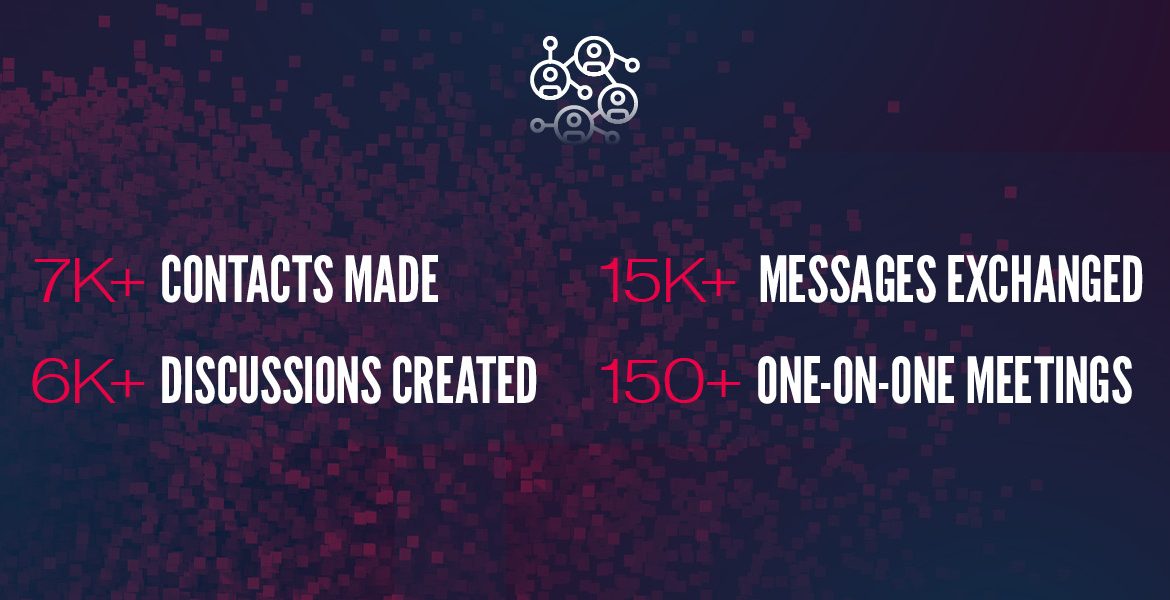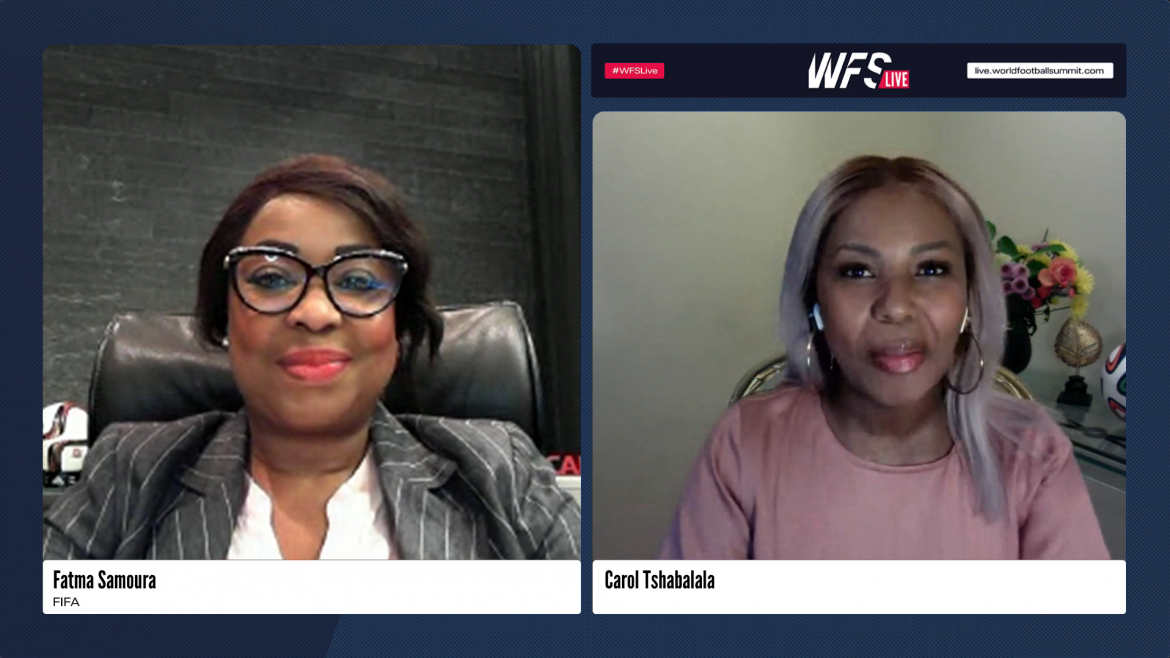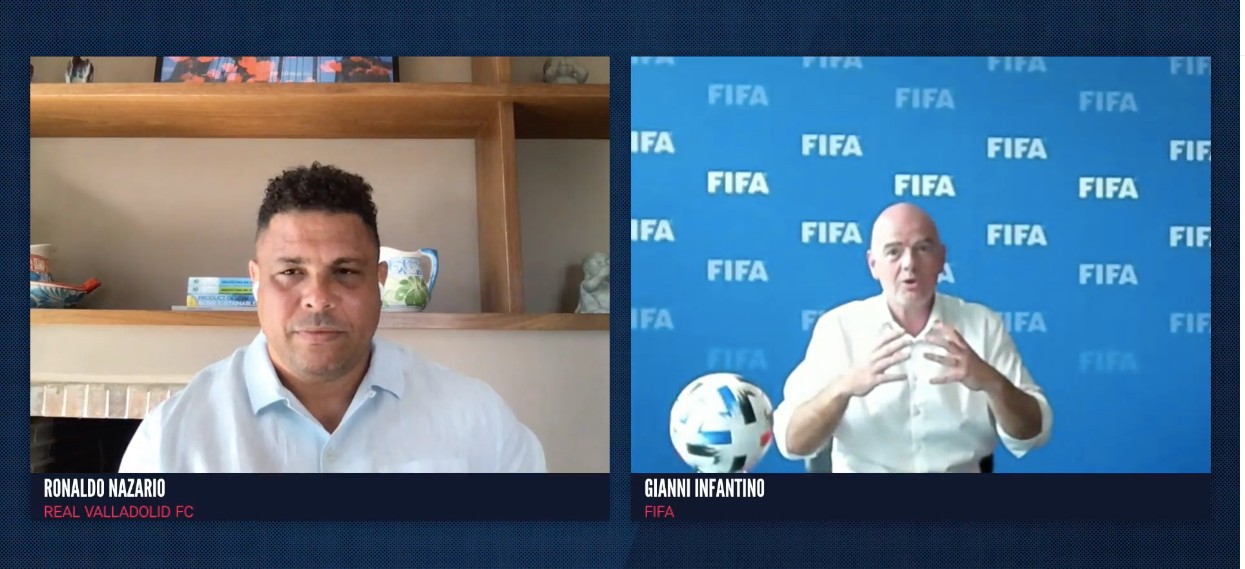The second edition of WFS Live came to an end on Friday, 27 November with a unique Q&A session that saw FIFA Secretary General Fatma Samoura reflect on her journey since being appointed the first-ever woman to the role and share her insight into how football’s governing body is leading the industry’s global response to the Covid-19 pandemic.
The inspiring conversation between Samoura and prestigious sport broadcaster Carol Tshabalala brought the curtain down on an event that once again proved to be football’s most global business gathering.
WFS Live provided first-hand insight into crucial topics affecting the industry, such as when, where and how will fans return to stadiums, what monetisation strategies are being developed to make up for the downfalls and what challenges and opportunities await in the post-pandemic era.
Furthermore, and thanks to World Football Summit’s partnership with Common Goal, WFS Live brought players, clubs, leagues, federations and sponsoring brands together for the first time to reflect on the need to build a more purpose-driven industry, kicking-off a ground-breaking discussion that will be built upon in future events and that will hopefully lead to a brighter and more sustainable future for all the stakeholders.
Day one of WFS Live was entirely devoted to re-imagining the football we want, the game we need, and saw leaders share their views on how to embed purpose in the fabric of the industry, addressing increasingly relevant topics such as gender equality and diversity, global citizenship and athlete activism.
Thank you to everyone that has helped to make #WFSLive such a special event.
📅 5 Days
💬 49 Conferences
🗣️ 150 Speakers
👥 2,134 Attendees
🌍 107 Countries🙏 In memory of Diego Armando Maradona pic.twitter.com/WSwUKS4sxj
— World Football Summit (@WFSummit) November 27, 2020
Overall, 150 top-notch industry leaders took the virtual stage in 50 conference sessions, each of which gathered hundreds of attendees on the WFS Live App and also via LIVENow, the on demand streaming platform which aired the summit for the first time.
As in all WFS events, panels were the starting points of the discussions, with conversations continuing across the different networking features of the WFS Live App. The 2,134 attendees from 107 countries made more than 7,000 contacts and shared over 15,000 messages.
Over 700 news items were published in more than 50 different countries, reaching an audience of 3,400,000,000+ worldwide. Among the speakers to make the global headlines at WFS Live were Javier Tebas on his plans to reopen LaLiga stadiums, Samuel Etoo on the future of Lionel Messi and FC Barcelona, and super-agents Jonathan Barnett and Mino Raiola with their strong response to FIFA’s plans to regulate their business.
The WFS Live App and all its networking features will remain available until December 31st for those who still want to make new connections or arrange meetings. Videos of the full panels will be posted on our YouTube channel on January 1st 2021.
In the meantime, CLICK HERE to access highlights of each session.




